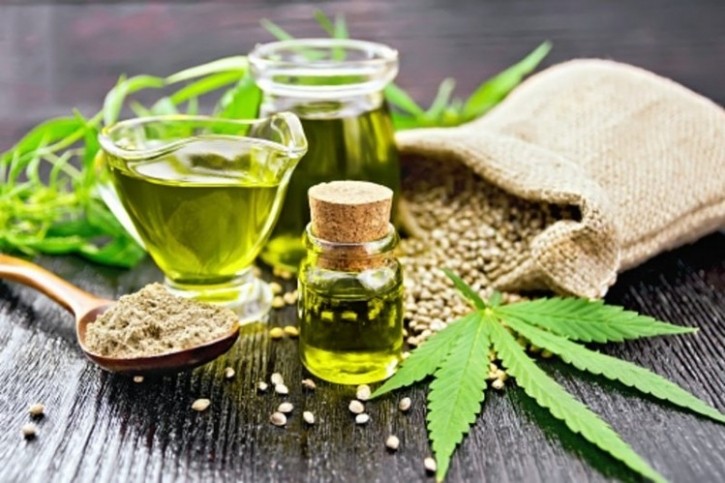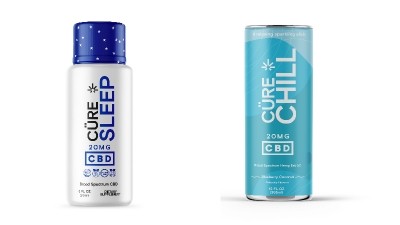Hemp for active nutrition: Regulatory support and debunking of myths ‘crucial’ to unlock potential

The United States is the market best-known to have cannabis/marijuana legalised for recreational usage in several states, which has resulted in a strong association between the plant and its industrial variant hemp with negative psychoactive effects.
This is a misconception, as the content of key psychoactive component tetrahydrocannabinol (THC) in hemp is generally far too low to induce such effects.
However, the widespread effect of this perception in Asia remains a major challenge for hemp product manufacturers looking to utilise this in more food and beverage categories such as active nutrition, according to industry leader Hemp Horizons.
“The most common misconception is that eating any hemp products will make you high – we have been specialising in this area for several years now, and this is still the first question consumers tend to ask when they hear we are selling hemp products for consumption,” Health Horizons Founder and CEO Rohit Shah told the floor during our recent Growth Asia Summit 2023 in Singapore.
“The level of THC is too low in hemp to have any such effects, especially the hemp seeds which a lot of the food and beverage items are made out of, but there is still a very pressing need to ramp up work in debunking these myths in society.
“The main strategy is to highlight its health benefits, as hemp is very rich in Omega-3, Omega-6 and Omega-9 as well as protein – as a matter of fact, it has a 30% to 35% oil content which has the very optimal 3:1 ratio of Omega-6:Omega-3, and plays a very important role in active nutrition as part of products such as energy bars and protein powders.
“That said, there can be no doubt that the industry still has a very long way to go in debunking these myths in Asia.”
The energy bar category is one of the new fastest growing applications for hemp seeds in the food and beverage space, in addition to first generation items such as hemp powder, hemp hearts and hemp oil.
Hemp Horizons runs the largest hemp seed processing facilities in India, and was one of the major beneficiaries of India’s decision in 2021 to legalise hemp as a commodity to be consumed as a food item.
“The innovation made possible after the 2021 legalisation made a real impact, as so many more products could be conceptualised compared to the first generation items we were limited to before that,” he added.
“There is a lot of difference between the regulations in different markets, such as Singapore which does not allow any type of cannabis at all to Thailand which has opened up the market to it for primarily food and nutrition purposes.
“So the regulations are still evolving a lot in this region, but from experience I can say that this legalisation is really crucial to unlocking the industry.”
APAC up-and-coming
Although hemp is relatively new to the food and beverage industry in Asia and legislation remains uncertain, Shah is optimistic that the commercial potential and opportunities are significant.
“There is immense potential here, as overall this industry is expected to grow at a 16.2% CAGR to hit US$152bn by 2028,” he said.
“In terms of supply, there is not only India but also China which has been producing hemp for a long time although it controls sales more tightly.
“These factors in combination with hemp’s nutritional benefits means there are many untapped opportunities and formats yet to be discovered, particularly in the area of active nutrition and energy.”


















